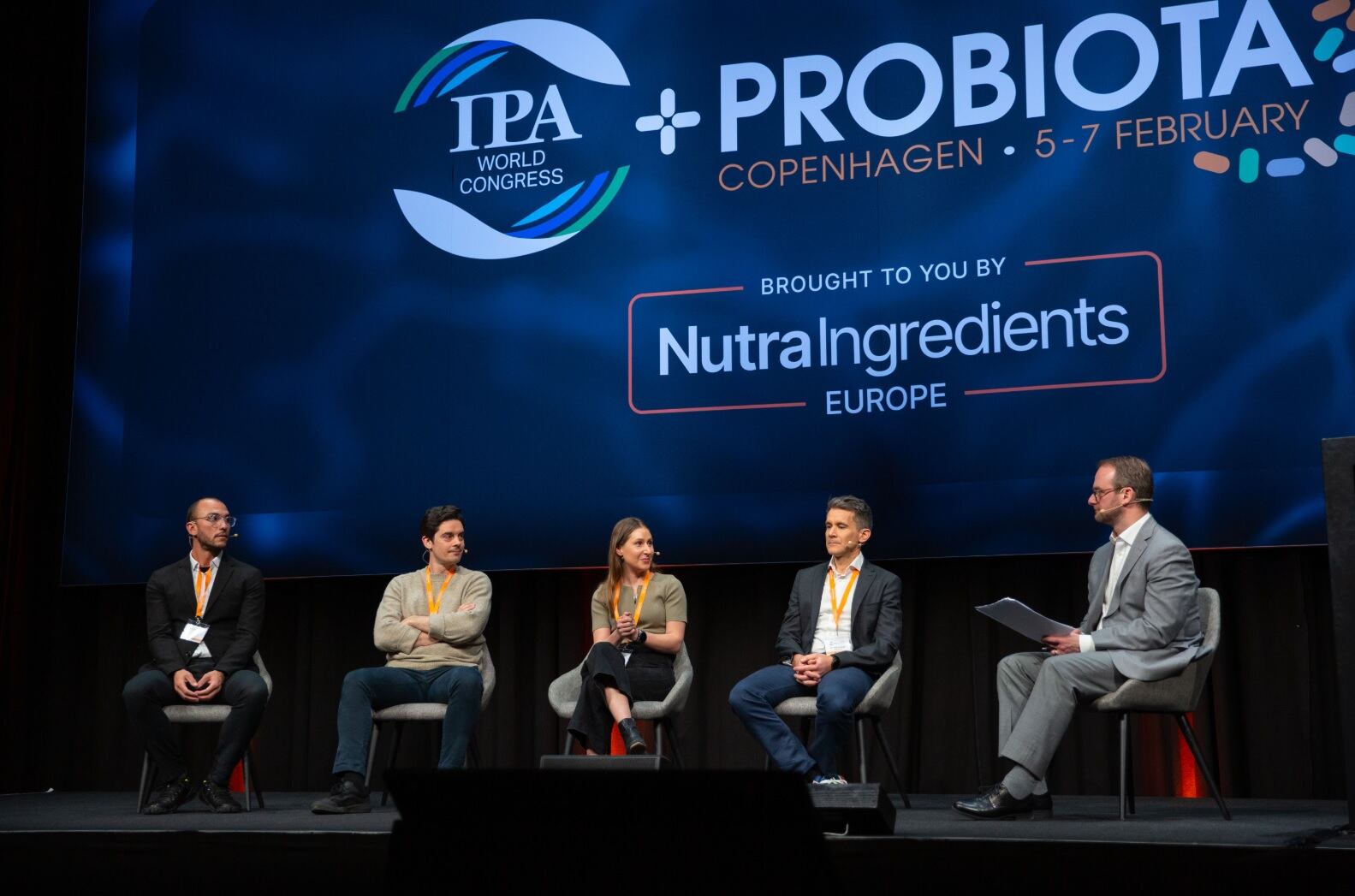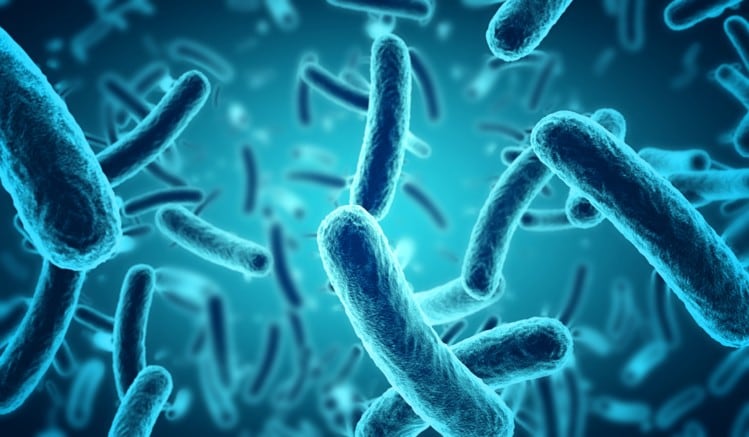The senior scientist in microbiome at Nestlé Institute of Health Sciences was one of the researchers that helped to uncover Bifidobacterium longum subsp. iuvenis, which acts as a “transitional specialist” in babies’ digestive systems.
Dr. Sakwinska explained that this unique microbe demonstrates an exceptional ability to process both breast milk compounds and solid food components, effectively creating a bridge during one of the most crucial dietary transitions in human development.
“I think it’s the only Bifidobacterium that we know that is able to thrive on both HMO, human milk oligosaccharides, and food glycans, so components of solid food," she said. “It seems to need both of them to really be able to take off.”
Dr. Sakwinska noted that Bifidobacteria is very important for infant health for a variety of reasons, and one benefit under investigation is its impact on the infant’s winding or burping phase.
To hear more on the research and potential implications of this discovery for understanding the coevolution of the gut and infant feeding practices, watch the full interview.


